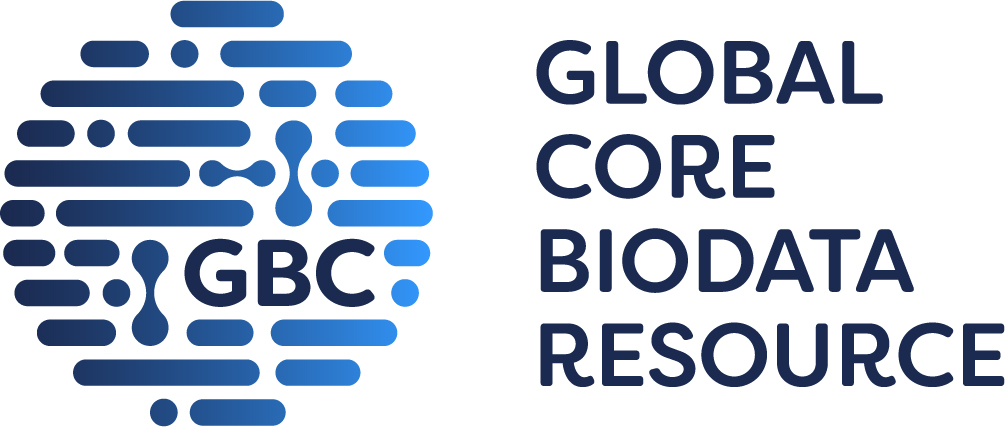
GtoPdb is requesting financial support from commercial users. Please see our sustainability page for more information.
Fatty acid-binding proteins C
Unless otherwise stated all data on this page refer to the human proteins. Gene information is provided for human (Hs), mouse (Mm) and rat (Rn).
Overview
Fatty acid-binding proteins are low molecular weight (100-130 aa) chaperones for long chain fatty acids, fatty acyl CoA esters, eicosanoids, retinols, retinoic acids and related metabolites and are usually regarded as being responsible for allowing the otherwise hydrophobic ligands to be mobile in aqueous media. These binding proteins may perform functions extracellularly (e.g. in plasma) or transport these agents; to the nucleus to interact with nuclear receptors (principally PPARs and retinoic acid receptors [13]) or for interaction with metabolic enzymes. Although sequence homology is limited, crystallographic studies suggest conserved 3D structures across the group of binding proteins.
Targets
2530|
fatty acid binding protein 1 C Show summary » |
||||||||||||
|
fatty acid binding protein 2 C Show summary » |
||||||||||||
|
fatty acid binding protein 3
C
Show summary »
More detailed page |
||||||||||||
|
fatty acid binding protein 4
C
Show summary »
More detailed page |
||||||||||||
|
fatty acid binding protein 5 C Show summary » |
||||||||||||
|
fatty acid binding protein 6 C Show summary » |
||||||||||||
|
fatty acid binding protein 7 C Show summary » |
||||||||||||
|
peripheral myelin protein 2 C Show summary » |
||||||||||||
|
fatty acid binding protein 9 C Show summary » |
||||||||||||
|
fatty acid binding protein 12 C Show summary » |
||||||||||||
|
retinol binding protein 1 C Show summary » |
||||||||||||
|
retinol binding protein 2 C Show summary » |
||||||||||||
|
retinol binding protein 3 C Show summary » |
||||||||||||
|
retinol binding protein 4
C
Show summary »
More detailed page |
||||||||||||
|
retinol binding protein 5 C Show summary » |
||||||||||||
|
retinol binding protein 7 C Show summary » |
||||||||||||
|
retinaldehyde binding protein 1 C Show summary » |
||||||||||||
|
cellular retinoic acid binding protein 1 C Show summary » |
||||||||||||
|
cellular retinoic acid binding protein 2 C Show summary »
|
Comments
Further reading
How to cite this family page
Database page citation:
Fatty acid-binding proteins. Accessed on 13/07/2025. IUPHAR/BPS Guide to PHARMACOLOGY, http://www.guidetopharmacology.org/GRAC/FamilyDisplayForward?familyId=783.
Concise Guide to PHARMACOLOGY citation:
Alexander SPH, Kelly E, Mathie AA, Peters JA, Veale EL, Armstrong JF, Buneman OP, Faccenda E, Harding SD, Spedding M, Cidlowski JA, Fabbro D, Davenport AP, Striessnig J, Davies JA et al. (2023) The Concise Guide to PHARMACOLOGY 2023/24: Introduction and Other Protein Targets. Br J Pharmacol. 180 Suppl 2:S1-22.










Although not tested at all FABPs, BMS309403 exhibits high affinity for FABP4 (pIC50 ~8.8) compared to FABP3 or FABP5 (pIC50 <6.6) [4,14]. HTS01037 is reported to interfere with FABP4 action [5]. Ibuprofen displays some selectivity for FABP4 (pIC50 5.5) relative to FABP3 (pIC50 3.5) and FABP5 (pIC50 3.8) [8]. Fenofibric acid displays some selectivity for FABP5 (pIC50 5.5) relative to FABP3 (pIC50 4.5) and FABP4 (pIC50 4.6) [8]. Multiple pseudogenes for the FABPs have been identified in the human genome.